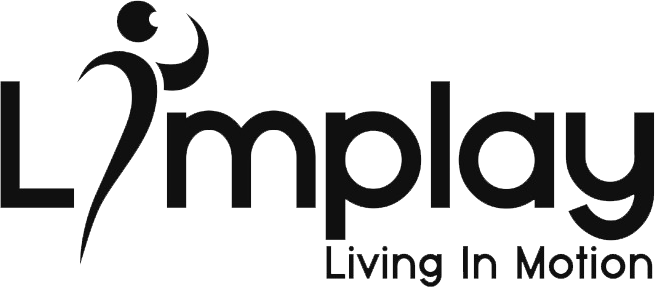The workplace has evolved rapidly over the past few decades. From typewriters to smartphones, every new wave of technology has reshaped how we collaborate, create, and communicate. Now, an even more radical shift is on the horizon: neurotechnology. Specifically, brain-computer interfaces (BCIs)—devices that connect the human brain directly to computers—are being explored as tools to enhance workplace productivity.
It may sound like science fiction, but neurotech is already making its way into labs, startups, and even offices. The question is: how far could this go, and should we embrace it?
What Are Brain-Computer Interfaces?
BCIs are systems that decode brain signals and translate them into commands for a computer or device. In medicine, BCIs have shown promise by helping patients with paralysis control prosthetics or communicate through thought. But researchers are now testing applications beyond healthcare, including education, entertainment, and the workplace.
In practical terms, a BCI could let a worker type by thought, control a virtual environment hands-free, or even monitor focus levels in real time.
Boosting Productivity Through Neurotech
1. Faster Input and Control
Typing speed and mouse navigation may one day be replaced by thought-driven commands. Imagine drafting an email or editing a spreadsheet without touching a keyboard—cutting time and effort dramatically.
2. Real-Time Focus Tracking
Some experimental BCIs already track brain activity to measure concentration. Employers could use this data to help workers recognize when they’re most productive or when they need breaks.
3. Seamless Collaboration
Virtual and augmented reality could integrate with BCIs, allowing teams to brainstorm and share ideas in immersive environments. Instead of talking through a video call, collaborators might visualize and manipulate data directly with their minds.
The Ethical Concerns
While the productivity potential is exciting, neurotech at work raises serious ethical questions.
- Privacy: Who owns the brain data collected by BCIs? Could employers misuse it to monitor thoughts or emotions?
- Consent: Would workers feel pressured to adopt BCIs to keep up with peers?
- Equity: If only some employees have access to neurotech tools, could this deepen inequality in the workplace?
These questions highlight the need for strong ethical frameworks before BCIs become mainstream.
Early Adopters and Experiments
Several companies are already exploring workplace neurotech:
- Neurable has developed brain-sensing headphones that track focus, offering workers feedback to improve productivity.
- Kernel, a neurotech startup, is building non-invasive helmets designed to measure brain activity for both health and performance applications.
- Neuralink, though more focused on medical use, has drawn attention to the potential of brain implants that could eventually cross into broader applications.
While these technologies are still in early stages, their development points toward a future where neurotech may be as common as laptops.
Balancing Innovation with Humanity
The promise of BCIs in the workplace must be balanced against the risks of overreach. Productivity is important, but mental health and autonomy are more important. The danger lies in reducing workers to “neural data sources” rather than respecting them as individuals.
The most sustainable use of BCIs may be in empowering employees to better understand themselves. Imagine workers using neurotech to manage stress, sharpen focus, or avoid burnout. When designed with the user’s well-being in mind, neurotech could create healthier, happier, and more productive workplaces.
Brain-computer interfaces could mark the next leap in workplace technology, pushing productivity beyond what keyboards and screens allow. But with great potential comes great responsibility. For neurotech to truly redefine productivity, it must prioritize ethical use, transparency, and respect for privacy.
The future of work may not just be about faster machines, but about smarter, more mindful humans empowered by technology that listens not just to what we type or say, but to how we think.
Whether BCIs become common tools or remain niche innovations, one thing is clear: the conversation about neurotech and productivity is just beginning.




